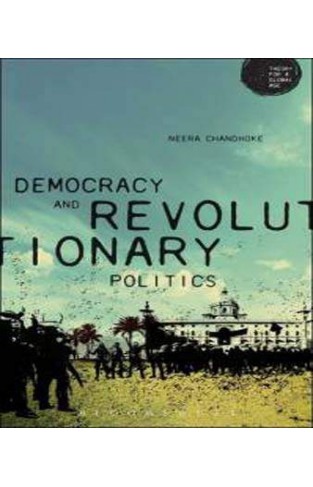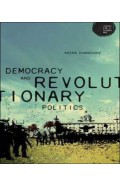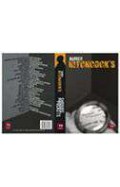Democracy and Revolutionary Politics
By: Neera Chandhoke
-
Rs 956.00
- Rs 1,195.00
- 20%
You save Rs 239.00.
Due to constant currency fluctuation, prices are subject to change with or without notice.
Democracy and political violence can hardly be considered conceptual siblings, at least at first sight. Democracy allows people to route their aspirations, demands, and expectations of the state through peaceful methods, violence works outside these prescribed and institutionalized channels in public spaces, in the streets, in the forests and in inhospitable terrains. But can committed democrats afford to ignore the fact that violence has become a routine way of doing politics in countries such as India? By exploring the concept of political violence from the perspective of critical political theory, Neera Chandhoke investigates its nature, justification and contradictions. She uses the case study of Maoist revolutionaries in India to globalize and relocate the debate alongside questions of social injustice, exploitation, oppression and imperfect democracies. As such, this is an important and much-needed contribution to the dialogue surrounding revolutionary violence.
| Book | |
| What's in the Box? | 1 x Democracy and Revolutionary Politics |
Democracy and political violence can hardly be considered conceptual siblings, at least at first sight. Democracy allows people to route their aspirations, demands, and expectations of the state through peaceful methods, violence works outside these prescribed and institutionalized channels in public spaces, in the streets, in the forests and in inhospitable terrains. But can committed democrats afford to ignore the fact that violence has become a routine way of doing politics in countries such as India? By exploring the concept of political violence from the perspective of critical political theory, Neera Chandhoke investigates its nature, justification and contradictions. She uses the case study of Maoist revolutionaries in India to globalize and relocate the debate alongside questions of social injustice, exploitation, oppression and imperfect democracies. As such, this is an important and much-needed contribution to the dialogue surrounding revolutionary violence.
Zubin Mehta: A Musical Journey (An Authorized Biography)
By: VOID - Bakhtiar K. Dadabhoy
Rs 840.00 Rs 1,050.00 Ex Tax :Rs 840.00
No similar books from this author available at the moment.
No recently viewed books available at the moment.
Zubin Mehta: A Musical Journey (An Authorized Biography)
By: VOID - Bakhtiar K. Dadabhoy
Rs 840.00 Rs 1,050.00 Ex Tax :Rs 840.00














-120x187.jpg?q6)









-120x187.jpg?q6)



-120x187.jpg?q6)